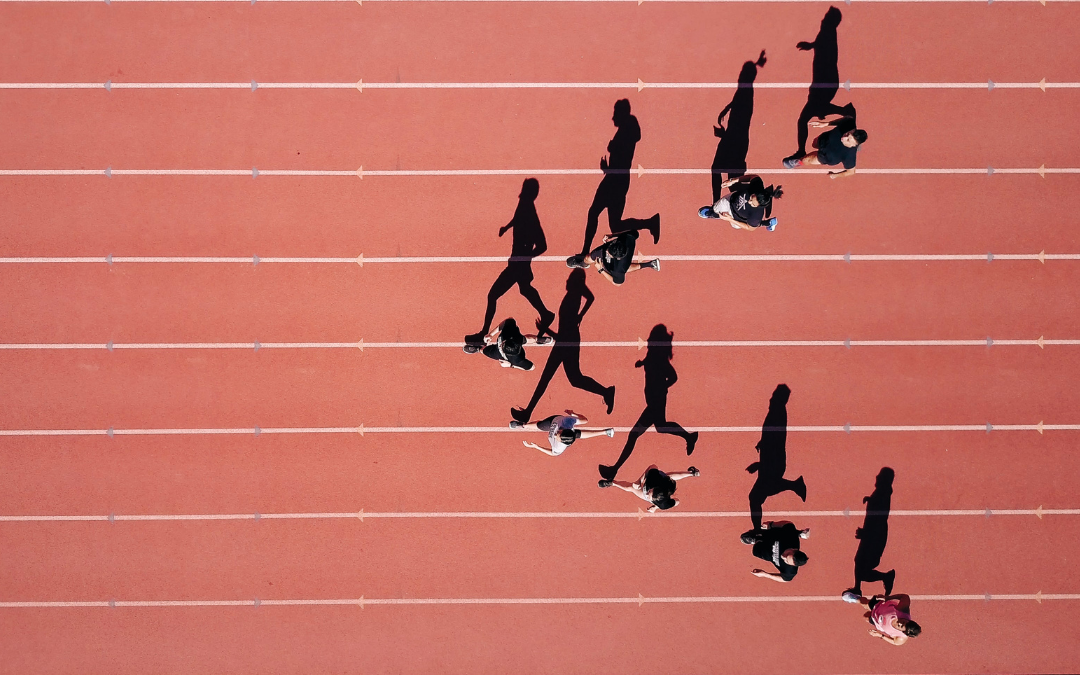The physical movement of body parts is an essential element of human beings. This physical movement contributes to the healthy functioning of internal organs, along with the development, strength, and flexibility of tendons and muscles, as well as the heart and circulatory system. Exercise is, therefore, an integral part of a person’s health and physical maintenance. Also, having much to do with a person’s mental well-being, exercise relieves stress and mitigates anxiety and depression by elevating one’s moods to a more positive state.
The Health Value of Physical Education
As obesity in youths rises across the globe and more young people assume sedentary lifestyles, promoting positive attitudes toward physical education from an early age is essential. Physical Education courses help students maintain muscles, improve circulation and strengthen hearts and lungs. Furthermore, exercise promotes the health of individuals’ minds by pumping blood to the cerebral areas. The benefits of exercise and physical education are such that physically active people often add years to their lives.
The Social Value of Physical Education
Along with improving children’s health and well-being, physical education also offers opportunities for improving an individual’s social skills. Participation in P.E. provides students a class in which they learn the benefits of developing healthy relationships with others and attaining individual identity. Students can develop capabilities of cooperating with others and learning to fit in with groups. Such lessons will carry over to their adulthood as they will be able to cooperate reasonably with others and think in terms of larger goals in the workplace.
Those with the personalities and innate talents for being leaders often begin to develop leadership skills in P.E. classes, where individuals are selected as captains of teams or given pivotal positions in various games. Physical education starting when children are young demonstrates to them the value of cooperation while being part of a team provides team members an identity. When PE teachers model prosocial behaviors, their example helps children gain social skills that create a path for healthy interactions and relationships throughout life. This social instruction provides them with essential communication and interpersonal skills that can carry over into the workplace, where they cooperate with a diverse range of individuals on projects.
Personal Benefits Derived from Physical Education Courses
Learning the fundamentals of popular sports also provides a constructive way for youths to fit in with their peers, especially as they approach adolescence. Understanding sports or hobbies allows them to be part of something bigger than their classroom. They may discover a real passion for a particular sport, start attending sporting events, and may even enter a career within the sporting industry. Such opportunities to ignite an enjoyment of a sport or sports while developing a range of skills are significant, and they often are instrumental in relieving tension and supporting both physical and mental health.
